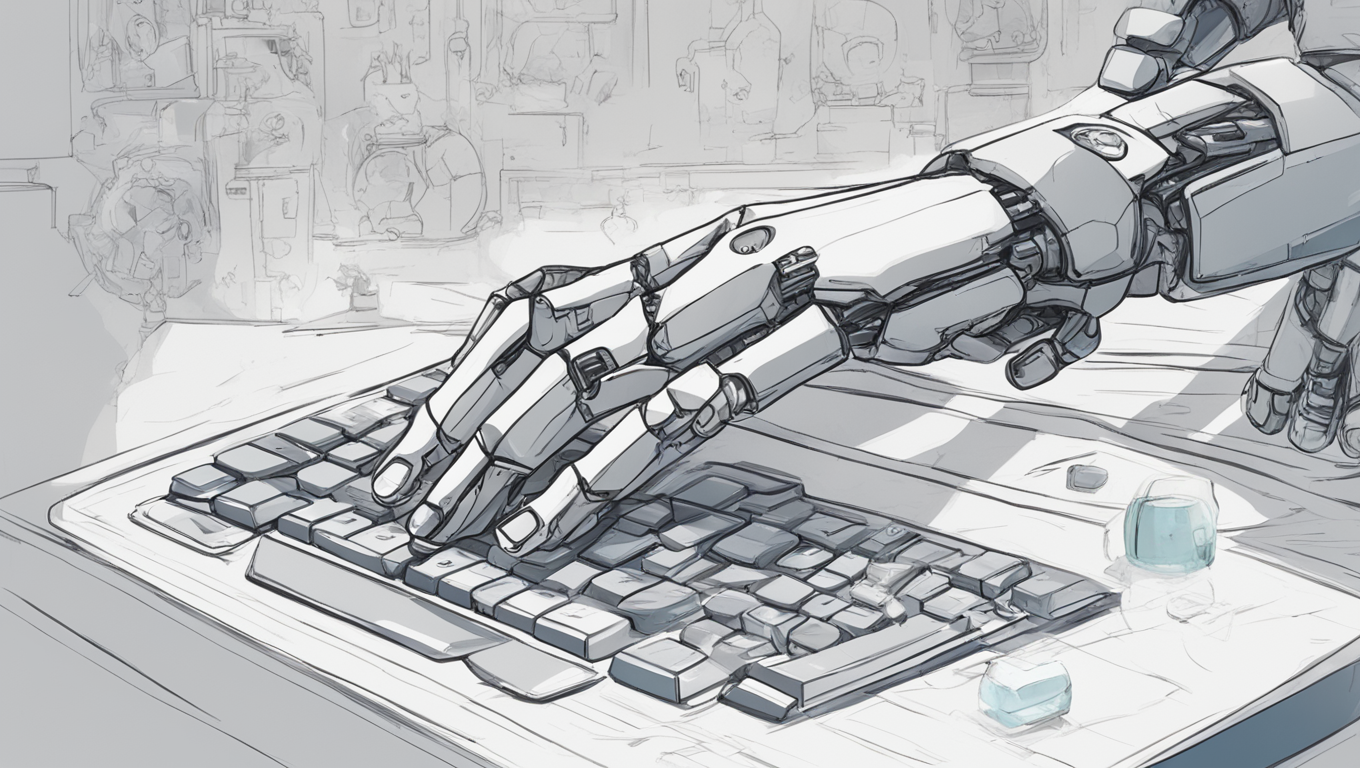In a surprising move, Google announced last Tuesday that it would display AI-generated answers to hundreds of millions of users in the United States as early as this Monday. By the end of the year, AI-generated answers will be the norm for over one billion users worldwide. This decision comes despite the fact that the system still has a long way to go. Just this past weekend, Google’s AI recommended mixing glue into tomato sauce to prevent cheese from sliding off pizza and advised people to swallow at least one pebble a day for necessary minerals. However, Google is accelerating its timeline because its direct competitor, Microsoft/OpenAI, refuses to slow down, even when its own scientists are raising concerns about the unregulated development of Artificial Intelligence. Are these accusations justified?
“It would be hard to deny those accusations, Nicolas, as the details of Sam Altman’s latest burglary against actress Scarlett Johansson have come to light,” said Professor Lisa Grant, an expert in AI ethics. About nine months ago, Altman reached out to Johansson and requested permission to use her voice for a new conversational feature in ChatGPT. Johansson declined, expressing concerns that her participation would enhance the illusion of humanness in AI tools. Just 48 hours before the unveiling of the new version of ChatGPT, Altman personally contacted Johansson’s agency to urge her to reconsider. Once again, Johansson refused. Nevertheless, OpenAI presented its chatbot two days later, featuring a voice alarmingly similar to Johansson’s. Legally, the dispute is quite straightforward, as numerous similar cases have been examined long before AI came into the picture. A court had previously ordered American company Ford to pay millions of dollars to singer Bette Midler as compensation for an advertisement imitating her voice. However, morally, we are dealing with a technology company that acts with impunity. Generative AI is built using data extracted from the internet, often without the consent of creators or copyright holders. In essence, it’s a form of creative plundering. Many artists, newspapers, and publishers are now pursuing legal action against OpenAI and others, but these companies consider themselves too important to be bothered with mundane concerns such as copyright or obtaining an actress’s permission. This serves as a reminder of the philosophy of Artificial Intelligence: it’s happening, whether you like it or not.
The contrast between Google and Microsoft/OpenAI is striking. While Google forges ahead with its accelerated timeline for AI-generated answers, OpenAI faces controversy surrounding its tactics. The company’s CEO, Sam Altman, has been accused of pushing the limits of AI development without adequate regulation. However, Altman’s response to these allegations is defiant: “We cannot afford to halt progress in AI, especially in a fast-paced and competitive industry like ours. We are making tremendous strides in advancing technology, and there will be missteps along the way. But the potential benefits of AI far outweigh the risks.”
This debate raises fundamental questions about the responsibility and ethical considerations surrounding AI development. The allure of creating increasingly sophisticated AI systems has tempted companies to push boundaries and flout regulations. However, this approach comes at the cost of potentially infringing on copyright, privacy, and individual consent.
As we navigate this uncharted territory, it is crucial to consider the broader implications of AI technology. Professor Grant remarks, “We need to strike a balance between pushing the boundaries of innovation and ensuring that ethical guidelines are in place to protect individuals and their creations. We cannot allow technology to run rampant without regard for human values.”
The future of AI remains uncertain, but one thing is clear: the accelerating timeline and controversial tactics employed by Google and OpenAI are driving the conversation forward. As society grapples with the implications of AI, it is imperative that we have discussions, set boundaries, and establish ethical frameworks that govern the development and deployment of these powerful technologies. Only then can we truly harness the vast potential of AI for the betterment of humanity.





Use the share button below if you liked it.